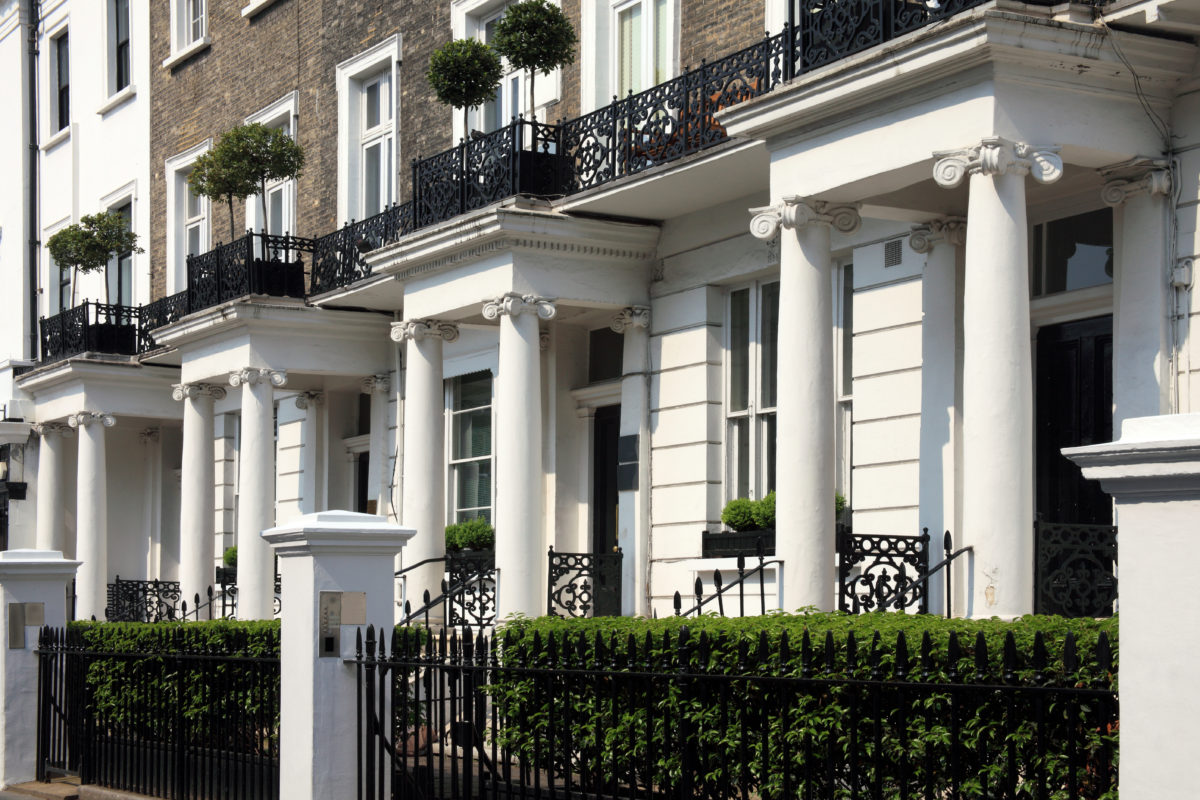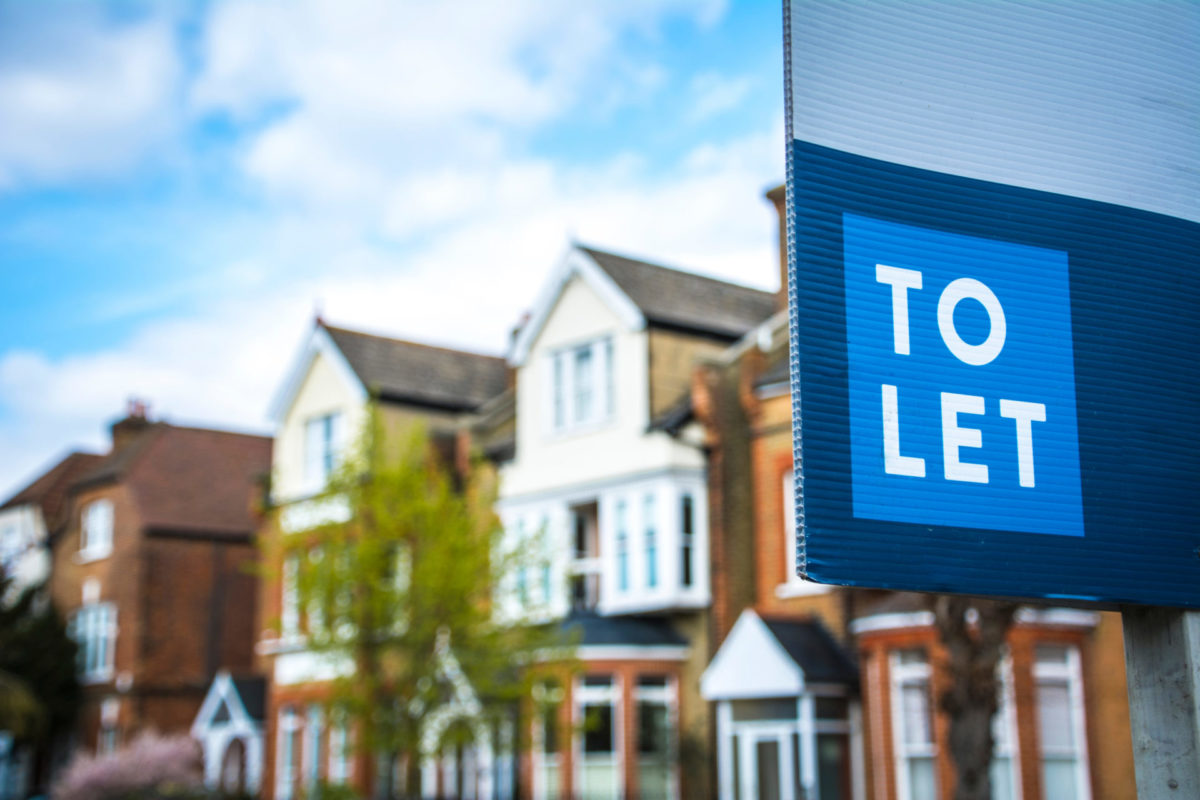

Basement policies in Development Plans across Greater London
Planning policies specifically relating to basement development used to be a feature saved only for the Boroughs with the highest land values and most constricted sites. However, an increasing number of London’s Local Planning Authorities are now incorporating basement policy as part of their Development Plans.
Basement Supplementary Planning Documents (SPDs) are now common place with the majority of the 32 London Boroughs having adopted new planning guidance for basement extensions between..
The most up-to-date, and detailed, basement policy is most commonly found within the inner London Boroughs, which is not surprising given these are the most constrained, in terms of capacity.
These Boroughs include the London Borough of Hackney, Camden, Westminster City, the Royal Borough of Kensington and Chelsea (RBKC), Hammersmith and Fulham and Greenwich. Some outer London Boroughs are also now following this approach, such as the Boroughs of Brent and Merton.
Planning policy and Development Management departments across London have begun to recognise the need for detailed guidance for basement construction, with the increased number of planning applications involving such development.
Fundamentally, planning policy does not resist the construction of basements but requires a number of factors and assessments to be taken into consideration. RBKC, for example, restricts basement construction under Listed Buildings and Camden has a 25-point checklist to adhere to.
Policy has, therefore, shown a shift in focus from limited guidance in Local Plan policy to detailed policies supported by even more detailed SPDs. A number of SPDs include specific design criteria (for example, depth, Footprint, Location, light, outlook and ventilation), as well as consideration for environmental (trees and soil) and engineering impacts (structural stability, drainage, flooding, geology).
Planning applications for basements in the majority of these Boroughs must include the following (as a minimum) in order for the application to be validated; Basement Impact Assessment, Flood Risk Assessments, Drainage Strategy, Construction Method Statement and Construction Traffic Management Plan. The onus is therefore on the Applicant to undertake a significant amount of work prior to the submission of the application to the Local Planning Authority.
This shift in policy shows how London Councils have the ability to respond to demanding development trends, altering their planning policy accordingly, to support development.
It is important to recognise that these policies are intended to enable the right sort of development to come forward with the right supporting information. They are not intended to stop development altogether. However, it is necessary to prepare a good application for consideration.
Bell Cornwell have dealt with a number of basement development applications across London. We have a great understanding of the process and what is required to submit a successful planning application.











